
By now, school has started around the country, and while kids everywhere are heading back to classes, volunteers are heading back to school too!
Volunteering in schools can be beneficial for everyone involved: the students get to meet older students or adults from outside of the school, the school benefits from the skills and talent that the volunteer brings to the table, and the volunteer can grow their network and circle of friends!
Figuring out how to volunteer with a school is an important step in planning your volunteer role, but so is understanding the costs (mostly time) and benefits of volunteering.
Benefits for Students
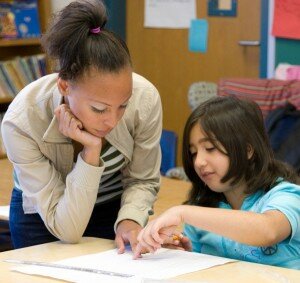
Volunteers in schools can play an important role in the lives of students. They can be an important adult connection for students. Students who have involved adult volunteers in their school generally have better grades, better attendance, and higher graduation rates. Increased adult involvement also causes students to have more positive attitudes, more motivation, and higher self-esteem.
Volunteers may also help students by serving as a link between a school and a community. Students do better when schools, families, and communities work together, and involvement is strong.
Volunteers can be a strong advocate for the school they volunteer with. They can be a voice in the community for the school, helping to bring in needed resources or helping people to see the school as a positive force in their neighborhood.
Benefits for Schools
Schools can benefit from adult volunteers through:
- Increased individual attention for students
- Extra support on projects
- Stronger ties to the community
- Higher levels of parent-teacher communication
- Increased capacity to better serve a wider variety of youth needs
- Higher test/grade scores
- Strengthened programs
- Improved student behavior
Benefits for Volunteers
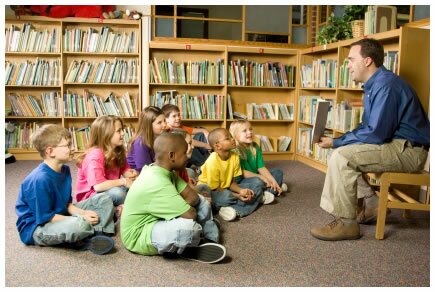 Volunteers benefit from volunteering, whether it’s from a closer peer-relationship with teachers and staff at the school or by building positive relationships with students. Volunteers benefit from their work with schools through:
Volunteers benefit from volunteering, whether it’s from a closer peer-relationship with teachers and staff at the school or by building positive relationships with students. Volunteers benefit from their work with schools through:
- Opportunities to meet new people
- Improving communication, management, and interpersonal skills
- Improving problem-solving skills
- Increased self-confidence
- A clearer understanding of school structure and curriculum
- Gaining valuable job experience
- The opportunity to serve as a role model for students
- The chance to inspire, educate, and motivate future generations
Parents who are active in their child’s school can benefits at home, too. Parent volunteers can form tighter bonds with their children and often find themselves having more open discussions about life at, and outside of, school. Family members that volunteer aid their child’s transition from the home to school. By assisting in this transition, parents learn the structure and expectations of schools.
If you want to volunteer at your child’s school, get in touch with the school’s principal to find out where volunteers are needed in the school. If
Do you volunteer at a school? What benefits do you see from what you do? Let us know in the comments!

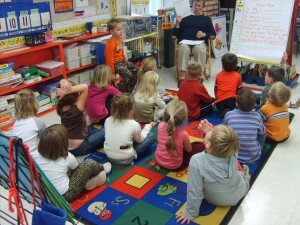 The weather is getting hotter and hotter, the pool is becoming less refreshing, and the kids are starting to get antsy. It’s about that time of the year again… school time! The first day of school is just days away for many kids across the country. The start of school often means stress and instant panic for parents and teachers who scramble to get last minute things together for the new school year.
The weather is getting hotter and hotter, the pool is becoming less refreshing, and the kids are starting to get antsy. It’s about that time of the year again… school time! The first day of school is just days away for many kids across the country. The start of school often means stress and instant panic for parents and teachers who scramble to get last minute things together for the new school year.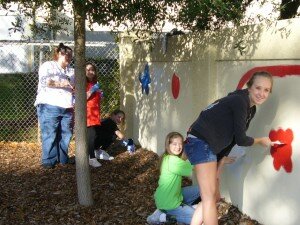 field trips. Volunteering your time to chaperone or drive will ensure that your child gets an enriching and fun education!
field trips. Volunteering your time to chaperone or drive will ensure that your child gets an enriching and fun education!
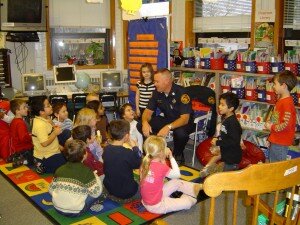 There are so many ways that you can volunteer in your community’s schools throughout the year, these are by no means your only options! Check out your local volunteer centers or speak with your school’s principal to see how your talents can be of use at your local school.
There are so many ways that you can volunteer in your community’s schools throughout the year, these are by no means your only options! Check out your local volunteer centers or speak with your school’s principal to see how your talents can be of use at your local school.

 March is a month full of fun and sometimes interesting holidays March is not only a time to celebrate National Noodle Month, but it is also
March is a month full of fun and sometimes interesting holidays March is not only a time to celebrate National Noodle Month, but it is also 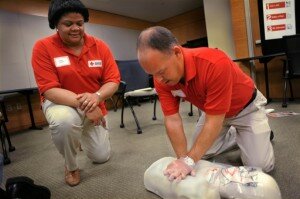
 We hope that these suggestions will help you become more prepared for any emergency that may come your way. Make sure you stay informed on your community’s weather and health conditions so that you may be ready for all types of disasters. It is important to celebrate everything the Red Cross does to help the community by adopting their practices in your own routine. Get out and stay prepared today!
We hope that these suggestions will help you become more prepared for any emergency that may come your way. Make sure you stay informed on your community’s weather and health conditions so that you may be ready for all types of disasters. It is important to celebrate everything the Red Cross does to help the community by adopting their practices in your own routine. Get out and stay prepared today! Specialist for HandsOn University.
Specialist for HandsOn University.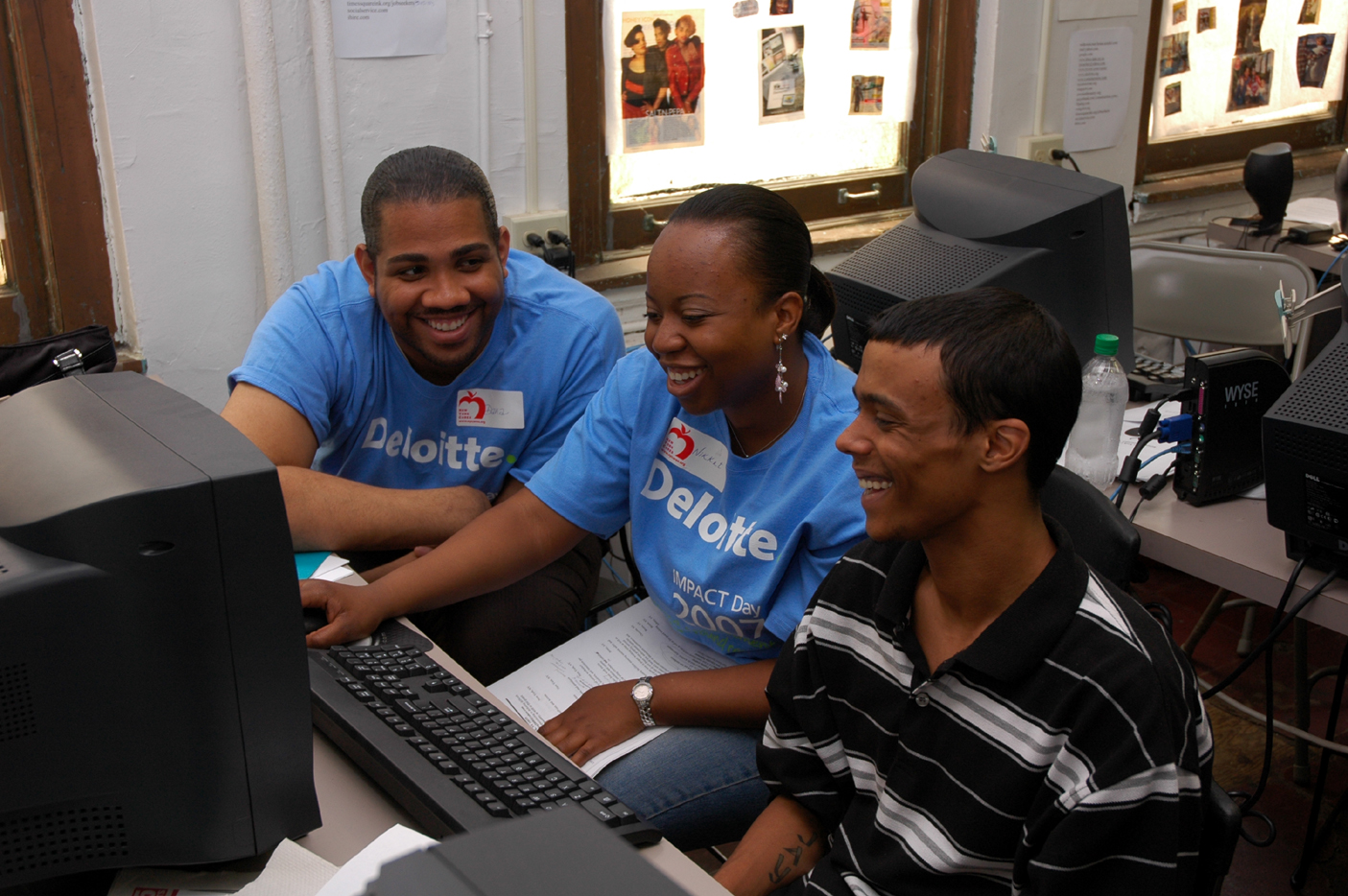


 IN WITNESS WHEREOF, I have hereunto set my hand this twenty-first day of December, in the year of our Lord two thousand ten, and of the Independence of the United States of America the two hundred and thirty-fifth.
IN WITNESS WHEREOF, I have hereunto set my hand this twenty-first day of December, in the year of our Lord two thousand ten, and of the Independence of the United States of America the two hundred and thirty-fifth.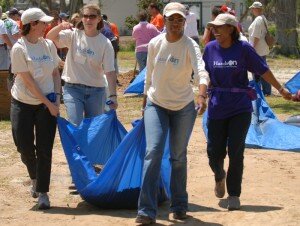



 So you want to start a classroom volunteer project? How on Earth do you begin a service project especially with young kids and very little time to stray away from lesson plans? Here are some project ideas for all types of ages and schedules:
So you want to start a classroom volunteer project? How on Earth do you begin a service project especially with young kids and very little time to stray away from lesson plans? Here are some project ideas for all types of ages and schedules: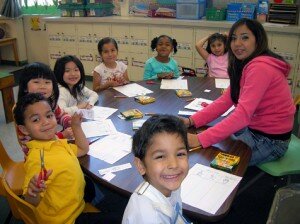 small children really do learn the power of giving back by participating in service projects.
small children really do learn the power of giving back by participating in service projects.
 Hunger or Housing. From big to small projects there are tons of ways that you can help tackle this issue in your community! Help cook and serve meals at a soup kitchen, gather clothing and donate it to your local shelter, make toiletry kits for the homeless, make care packages full of winter clothing for your local children’s shelter, help repair a local homeless shelter, or partner with
Hunger or Housing. From big to small projects there are tons of ways that you can help tackle this issue in your community! Help cook and serve meals at a soup kitchen, gather clothing and donate it to your local shelter, make toiletry kits for the homeless, make care packages full of winter clothing for your local children’s shelter, help repair a local homeless shelter, or partner with  Education. Education has become a big topic in the media over the years; there are many ways that you can help improve your community’s education system through volunteering. Ideas include raising money for Braille or large print books for the visually impaired, plan a school supply drive to assemble “back to school” kits for your local schools, set up a buddy system for kids needing friends, bring toys to hospitalized children, read books or the newspaper to visually impaired individuals, raise money to purchase and install playground equipment.
Education. Education has become a big topic in the media over the years; there are many ways that you can help improve your community’s education system through volunteering. Ideas include raising money for Braille or large print books for the visually impaired, plan a school supply drive to assemble “back to school” kits for your local schools, set up a buddy system for kids needing friends, bring toys to hospitalized children, read books or the newspaper to visually impaired individuals, raise money to purchase and install playground equipment.
